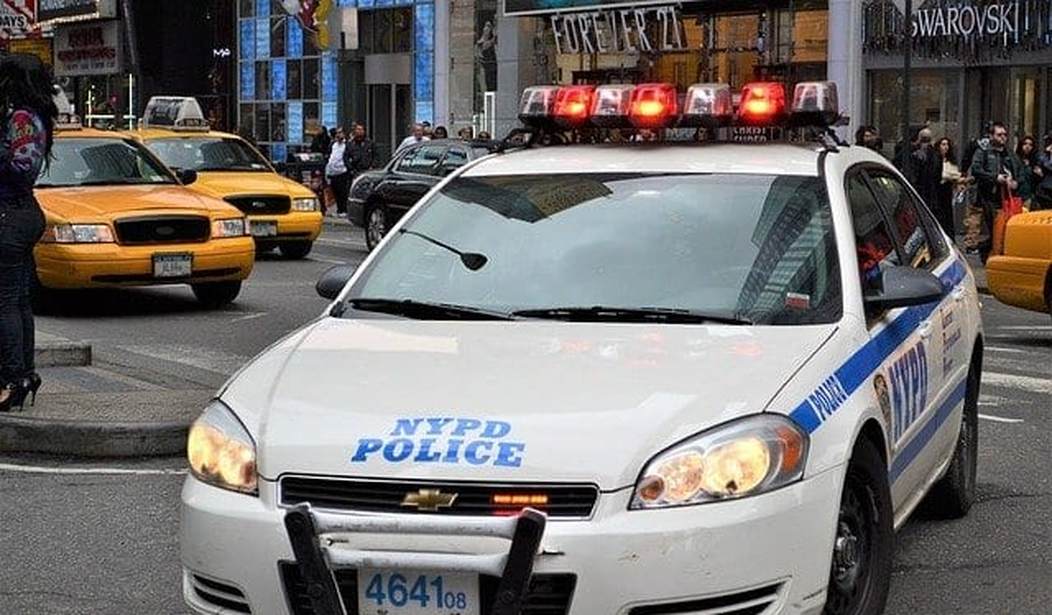We hear a lot about so-called gun crime. Basically, any crime committed with a firearm is supposedly a gun crime, which is different than knife crime or hammer crime or anything else, I guess.
Anyway, we hear a lot about it. It’s the main justification for gun control and has been for decades only recently being challenged for supremacy by mass shootings (another form of “gun crime”). Yet how serious is the left about addressing this type of crime.
After all, it seems that such crimes for juveniles have been all but decriminalized.
More juveniles than ever are committing gun violence (and other forms of violence), and at an increasingly young age. Yet they are 100% restricted from purchasing or owning any firearm. In other words, there is unconditional gun control on all juveniles, even in red states. So why are we witnessing more juvenile murderers and victims than ever before? Because our criminal justice system refuses to deter and punish even repeat juvenile gun felons who commit violent crimes with guns. Hence, the classic proof that criminal control, not gun control, is the only way to stop violent crime.
Last week, I wrote a column quantifying the extent of the jailbreak problem with cities releasing repeat violent gun felons onto the streets and then complaining about gun violence. But this problem is exponentially more acute – and increasingly so – when it comes to juvenile gun felons because they are almost never punished one iota. As such, they are engaging in gun crimes more often and at an increasingly young age
Recently, Montgomery County, Ohio, Juvenile Judge Anthony Capizzi remarked that juvenile gun violence is worse than it has ever been in Ohio. “There was unanimous agreement that there’s been a spike in violence in their counties focusing on juveniles and guns,” the judge said. “This year is the worst we’ve had and a number of us are worried about the rest of the summer.”
The judge feigned ignorance as to the reason behind this odious trend and resolved to “find new ways to predict” how certain juveniles will strike. But the problem, while vexing, is no mystery. Children caught carjacking people with guns rarely get punished with hard prison time – whether in a regular or juvenile facility. Ohio, like many states, is experiencing a juvenile carjacking crisis. As such, it’s not hard to understand how this eventually escalates into mass shootings, which are now taking the lives of young children in record numbers.
In other words, they don’t get any real punishment and thus are put back on the streets to carry out this kind of thing all over again.
See, punishment is designed to act as a deterrent for future crimes. It’s not meant to be pleasant, thus encouraging people to straighten their ways out. The worse the act, the longer the sentence because someone who commits a minor crime likely doesn’t need as much deterrence as, say, a carjacker.
If you take that away, the deterrence factor no longer exists. Just what is going to encourage these young thugs to start walking the straight and narrow?
Two things: Jack and squat.
Punishment needs to be harsh enough to convince some people that it’s not worth it. However, the idea that we shouldn’t do that isn’t confined to juveniles. Plenty of people are lashing out at the concept of incarceration, but they don’t seem to offer up any suggestions for how to deter crime.
If they get their way, it amounts to decriminalizing violent crime. Lacking punishment, that’s pretty much what it will be, and that’s never a good thing. Especially as many of these same people want to disarm law-abiding citizens like you and me, thus putting us at the mercy of the thugs.
It doesn’t make me wonder who they’re trying to protect. It’s pretty obvious that it’s not us.








Join the conversation as a VIP Member